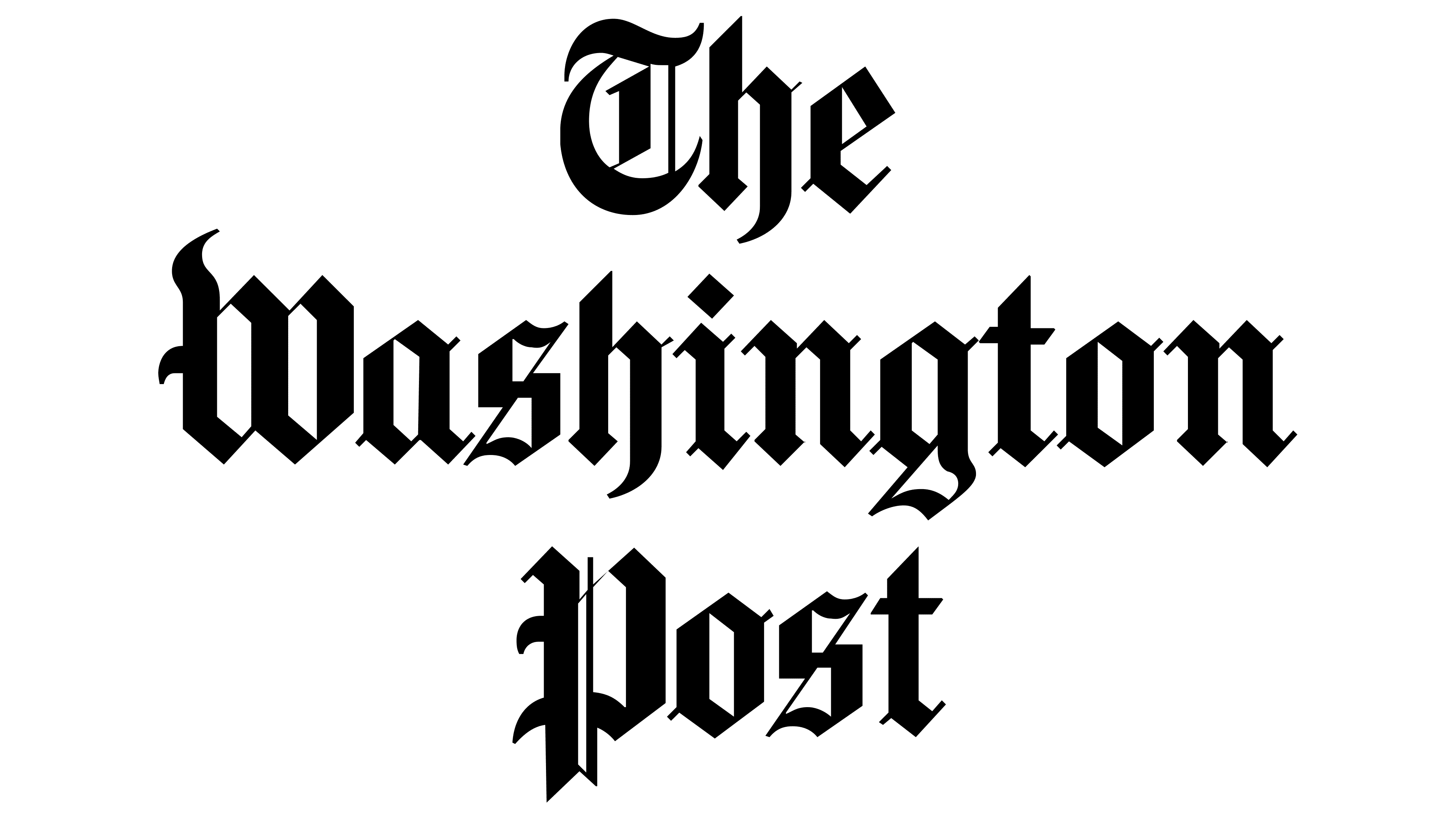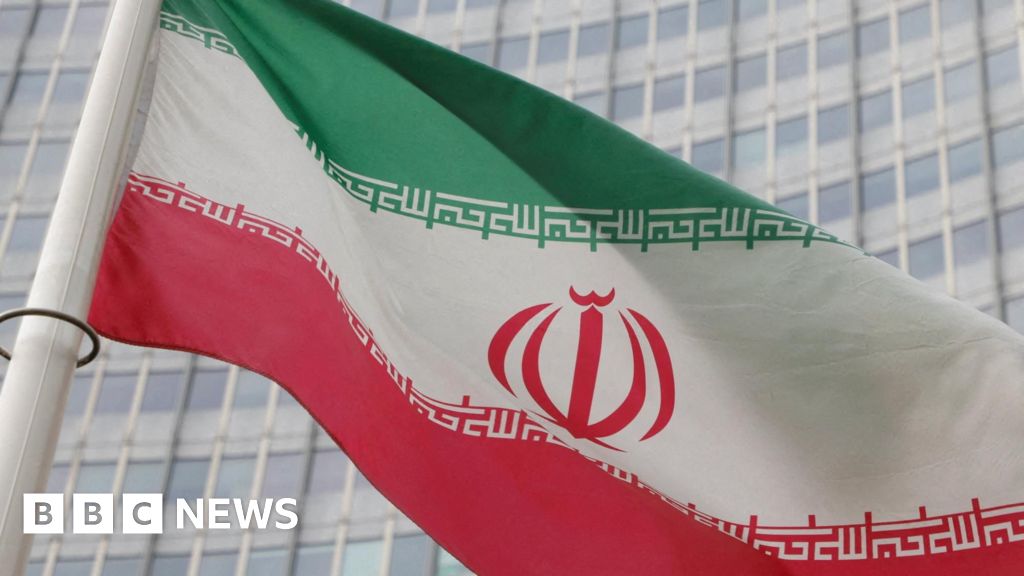ARTICLE AD BOX
Robert F. Kennedy Jr. testified Wednesday he is not a conspiracy theorist and that vaccines are a critical component of health care, using a high-stakes Senate confirmation hearing to defend his “Make America Healthy Again” agenda and accuse Democrats of misconstruing his views or turning on him for partisan reasons.
Mr. Kennedy’s hours-long testimony before the Senate Finance Committee drew cheers from supporters on both sides of the political spectrum who say he would bring a much-needed shakeup at the Department of Health and Human Services under President Trump.
But he failed to charm Democratic senators who could be critical to his confirmation if more than three GOP senators oppose him in a floor vote. Mr. Kennedy will get a second hearing on Thursday before the Senate Health, Education, Labor and Pensions Committee, but only the Finance Committee gets a vote on whether to send his nomination to the full Senate.
In high-decibel questioning, Democrats labeled Mr. Kennedy a fraud, a peddler of “anti-vax” apparel and an existential threat to the health of the nation.
“Frankly, you frighten people,” said Sen. Sheldon Whitehouse, Rhode Island Democrat.
Mr. Kennedy pushed back, loudly and often. He said his reputation as an anti-vaccine crusader is a misinterpretation of his efforts to scrutinize shots and whether they are made safely. He vowed not to block access to childhood vaccines, including shots for polio and measles.
“The only thing I want is good science,” he said.
In a pointed moment, Mr. Kennedy said Democrats who supported his decades-long work on environmental issues and food safety have turned on him because they are blinded by hatred of Mr. Trump.
“All of these Democrats are opposed to me for partisan issues. They used to be my friends,” Mr. Kennedy said.
Senators are considering whether Mr. Kennedy is qualified to lead HHS, a sprawling agency with a $1.7 trillion budget and oversight of food and drugs, disease-fighting efforts and major insurance programs such as Medicare and Medicaid.
He is one of a handful of polarizing picks by Mr. Trump. The president’s defense secretary, Pete Hegseth, got confirmed with a tie-breaking vote by Vice President J.D. Vance. His pick for director of national intelligence, Tulsi Gabbard, also faces a tough confirmation fight.
Senate Finance ranking member Ron Wyden of Oregon told reporters after the hearing that he doesn’t expect any Democrats on the panel to support Mr. Kennedy’s nomination. That puts extra scrutiny on GOP holdouts, like Sen. Bill Cassidy of Louisiana, who had trouble drawing specific answers out of Mr. Kennedy to his questions about reforming Medicaid.
Many other Republicans on the panel offered vocal support.
Finance Chairman Mike Crapo, Idaho Republican, said Mr. Kennedy is poised to “chart a new and better course” for the U.S. health care system, which tends to spend far more than other advanced nations while seeing worse outcomes.
“No other country has anything like this,” Mr. Kennedy said, singling out processed foods as a major culprit.
Hoping to reassure pro-life conservatives, Mr. Kennedy said that “every abortion is a tragedy” and that “states should control abortion,” aligning himself with Mr. Trump despite the nominee’s pro-choice stances in the past.
The majority of the public audience gathered to watch the hearing stood and cheered when Mr. Kennedy entered the room, followed by even louder applause after the hearing concluded.
A few of his supporters in the front row wore tan “Confirm RFK Jr.” hats. Mr. Kennedy’s wife, actress Cheryl Hines, sat behind the nominee alongside other family members.
One protester was removed from the room after shouting, “He lies!” when Mr. Kennedy said he was not anti-vaccine, and a second shouted about the suffering of children before she was ushered out.
Mr. Kennedy enjoys broad appeal in certain areas, including his commitment to breaking up the revolving door between the pharmaceutical companies and government agencies that regulate them. Members of both parties appreciate his push to banish harmful food additives and his call to address underlying sources of diseases instead of spending billions to treat symptoms.
Yet Mr. Kennedy’s vaccine skepticism remains a sticking point for potential GOP holdouts, and it fueled Democratic opposition on Wednesday.
“Mr. Kennedy has embraced conspiracy theories, quacks, charlatans — especially when it comes to the safety and efficacy of vaccines. He has made it his life’s work to sow doubt and discourage parents from getting their kids life-saving vaccines,” Mr. Wyden said. “He should not be entrusted with the health and well-being of the American people.”
Sen. Bernard Sanders, Vermont independent, pointed to infant clothes the Children’s Health Defense is selling that say “Unvaxxed. Unafraid,” or “No Vax. No Problem.” Mr. Kennedy is the founder and former chairman of the nonprofit.
“Are you supportive of these ‘onesies’?” Mr. Sanders asked, prompting Mr. Kennedy to say he had nothing to do with it but he is supportive of vaccines.
Mr. Kennedy, a son of late U.S. Attorney General Robert F. Kennedy, ran for president as a Democrat and then switched to an independent in the 2024 race. He dropped out and backed Mr. Trump, who repaid his support with the high-profile nomination.
Members of Mr. Kennedy’s family have opposed his nomination. His cousin, former ambassador Caroline Kennedy, sent a letter to the Senate denouncing Mr. Kennedy as a “predator” who is addicted to power and persuaded parents not to vaccinate their children, even though he got his kids immunized.
Republican senators on Wednesday focused on bread-and-butter aspects of the HHS role, including addiction services and the number of child migrants who have disappeared into the interior of the country and may be forced to work in violation of labor laws.
“It is a blight on America’s moral authority and we need to find those kids,” Mr. Kennedy said.
Mr. Kennedy also said he supports the President’s Emergency Plan for AIDS Relief, or PEPFAR, which fights the global HIV/AIDS epidemic.
Mr. Cassidy pressed Mr. Kennedy on Medicaid reforms, given that Republicans are looking at finding savings in the government-run health insurance program to help pay for Mr. Trump’s other policy priorities.
Mr. Kennedy fumbled at a crucial time, failing to give the swing-vote senator any specific ideas for reforming Medicaid other than vague references to leveraging telemedicine, artificial intelligence and health care cooperatives.
“I don’t have a proposal for dismantling the program,” Mr. Kennedy said. “I think what we need to do is we need to experiment with pilot programs in each state. We need to keep our eye on the ultimate goal, which is value-based care.”
Democrats, meanwhile, weaponized Mr. Kennedy’s past words and actions.
Mr. Wyden challenged Mr. Kennedy on his comments during a podcast that “there are no vaccines that are safe and effective.”
Mr. Kennedy said he was about to say there is no shot that is safe for all people, but the podcaster didn’t let him finish the sentence.
The nominee defended his work in Samoa, where parents and leaders said his anti-vaccine views led to a measles outbreak in 2019. Mr. Kennedy said his work in Samoa was unrelated to vaccines and no parent on the island nation would say they did not get a shot because of him.
“I support the measles vaccines. I support the polio vaccine,” Mr. Kennedy said. “I will do nothing as HHS secretary that makes it difficult or discourages people from taking either of those vaccines.”
Sen. Michael Bennet, Colorado Democrat, highlighted Mr. Kennedy’s suggestion that pesticides could make children transgender, or that Lyme disease might have been created by the U.S. military as a bioweapon.
“I probably did say that,” Mr. Kennedy said of Lyme disease.
Others sparred with Mr. Kennedy over plans to eliminate thousands of jobs at HHS.
“I will commit to not firing anybody who is doing their job,” Mr. Kennedy said.
“Based on your opinion, or your political agenda, or Mr. Trump’s political agenda?” asked Sen. Mark Warner, Virginia Democrat.
“Based upon my opinion,” Mr. Kennedy said.
“I guess,” the senator said, “ that means any folks who’ve had any type of views on vaccines will be out of work.”
Sen. Elizabeth Warren, Massachusetts Democrat, referenced Mr. Kennedy’s financial disclosure report, which showed he raked in $2.5 million in fees for referring clients to Wisner Baum, a law firm that specializes in pharmaceutical drug-injury cases.
She asked him to commit to not taking compensation from any lawsuit against drug companies while serving as health secretary and for four years after his government service ends, but he declined for the period after his government service would end.
“If you’re asking me to not sue drug companies, I’m not going to agree to that,” he said.

 4 months ago
110
4 months ago
110








 English (US) ·
English (US) ·